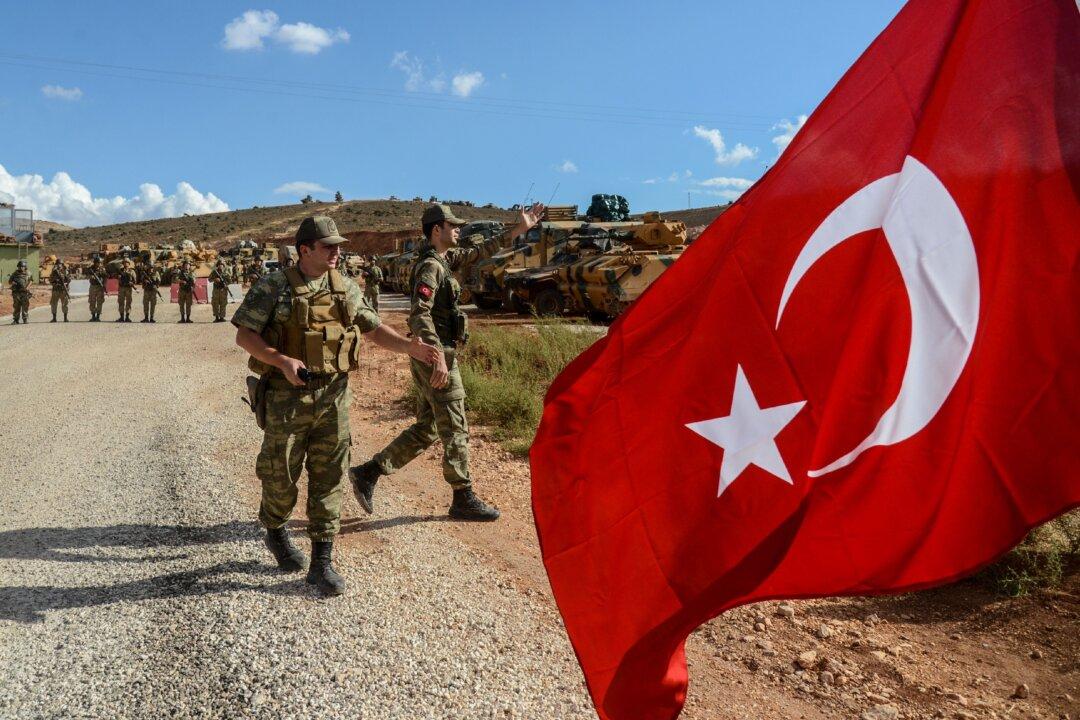The White House announced on Oct. 6 that U.S. troops are pulling out of northern Syria, clearing out of the way for an imminent long-planned Turkish military offensive against Kurdish-led forces.
Turkey will also take responsibility for the thousands of ISIS “caliphate” members currently held in camps, according to the announcement, which followed a phone call between President Donald Trump and Turkish President Recep Tayyip Erdogan.





